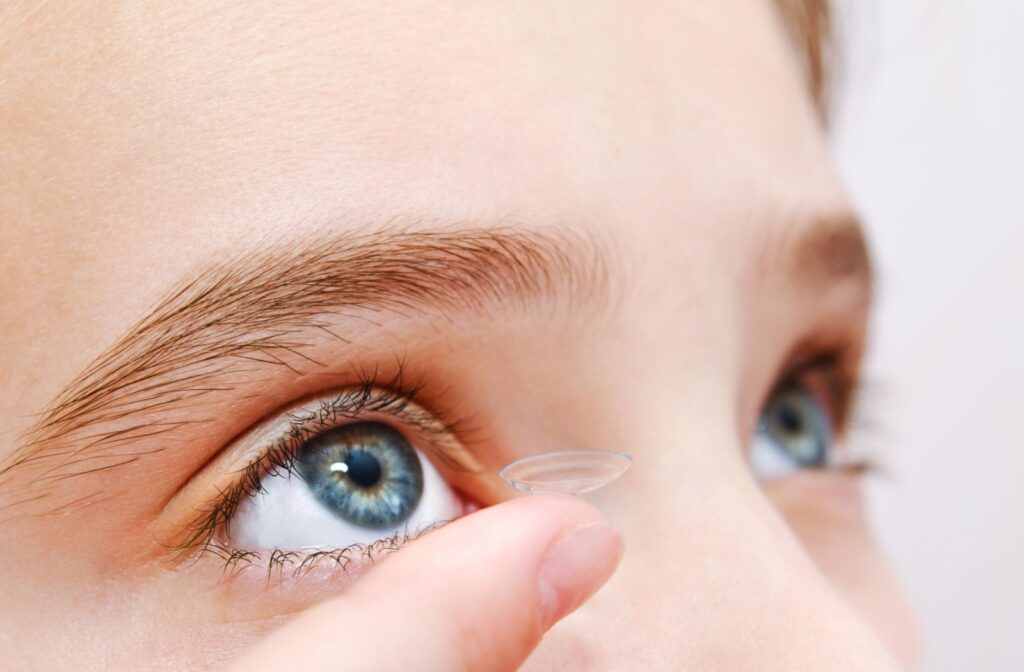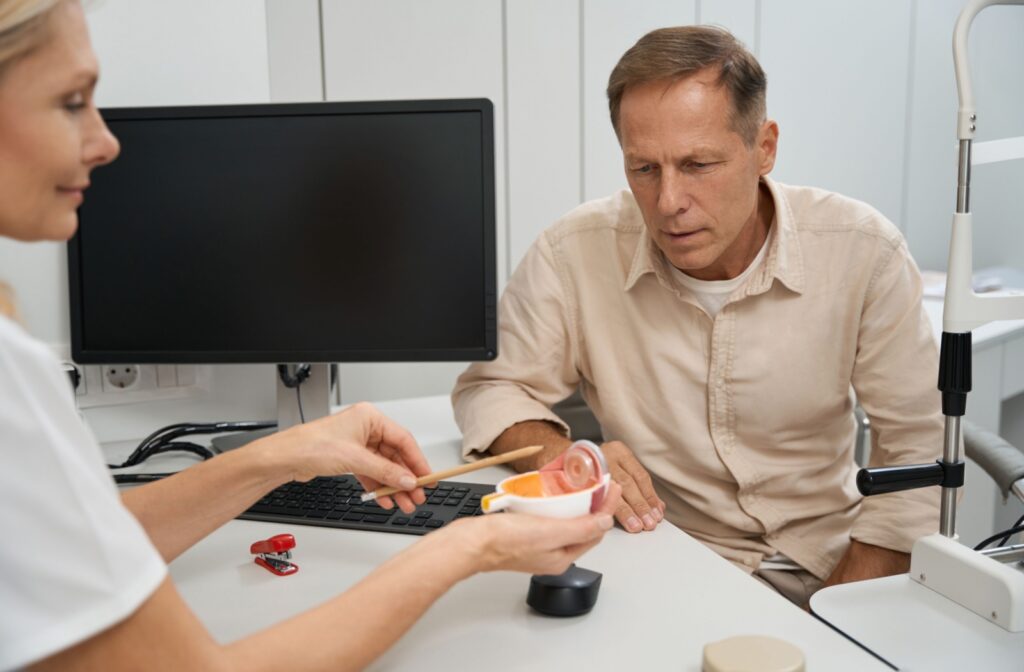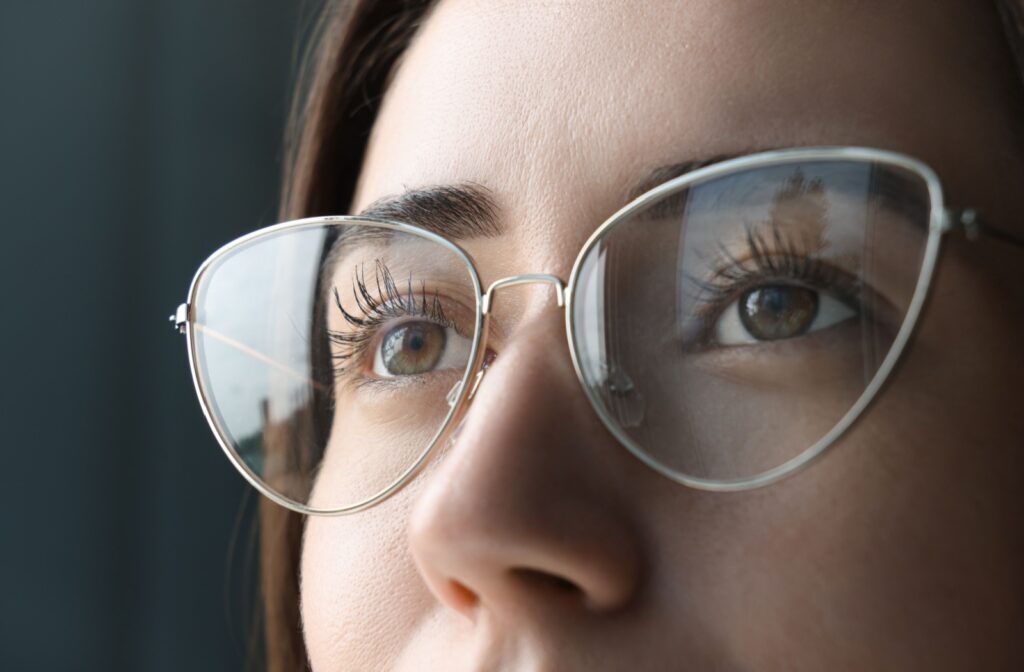Fortunately, specially designed contact lenses can be an effective tool for slowing the progression of myopia in children and teenagers. […]
Can Contact Lenses Help Slow Myopia Progression?


Fortunately, specially designed contact lenses can be an effective tool for slowing the progression of myopia in children and teenagers. […]

The safest way to remove dust from your eye is to let your natural tears work first, then try a gentle flush with clean water or a saline solution. […]

While crying provides a temporary wave of moisture, it’s not a sustainable or effective solution for chronic dry eye. […]

There are several ways to help lower your eye pressure, from lifestyle changes to medical treatments. […]

Looking directly at the sun can cause serious and sometimes lasting damage to your eyes. […]

In most cases, distance vision typically worsens, not improves, as you get older. […]

The short answer is yes, cataracts can contribute to headaches and dizziness, but they aren’t usually the direct cause. […]

Glasses or contact lenses with a concave shape are the primary solution used to correct nearsightedness and restore clear vision. […]

There are no long-term side effects for Neurolens, but new wearers may experience disorientation. These effects are typically temporary and often fade as your eyes adapt. […]

Blurry vision, headaches, or difficulty focusing could mean your prescription isn’t quite right. Sometimes, adjusting to new lenses takes a little time, but if discomfort lingers, it’s worth checking in with your eye doctor. […]